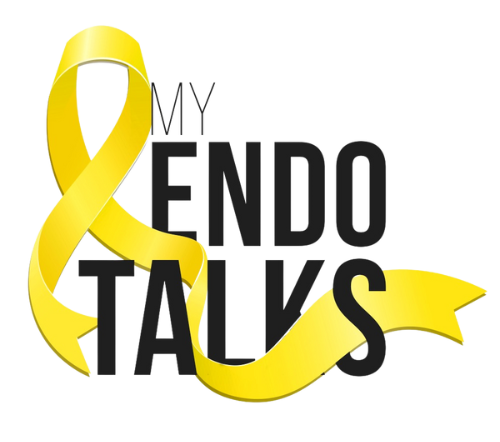What is Endometriosis? Endometriosis is not just a medical condition; it’s a painful, chronic disease that affects millions of women and girls across the United States of which 3%-10% of women are of reproductive age, and 25%-50% are of infertile women. It also affects about 40%-80% of women suffering from pelvic pain. The majority of women dealing with endometriosis are diagnosed in their 20s and it affects women of all races.
Defined by the abnormal growth of endometrial tissue outside the uterus, this condition can lead to debilitating symptoms and significantly impact one’s quality of life. The tissue, known as lesions, can commonly affect the ovaries, fallopian tubes, and the tissue lining the pelvis. In rare cases, it can even spread to other organs like the lungs.
Unraveling the Mystery of Endometriosis
Endometriosis isn’t discriminatory—it can affect women of all races and backgrounds. Typically diagnosed in one’s 20s, it presents itself with a range of symptoms, the most common being pelvic pain. Additionally, individuals may experience heavy menstrual cycles, bleeding between periods, pain during intercourse, and various other symptoms that can severely disrupt daily life.
The Quest for Answers
Despite ongoing research efforts, the exact cause of endometriosis remains elusive. While some evidence suggests a genetic predisposition, the origins of this condition are multifaceted and complex. What is clear, however, is that there is currently no cure for endometriosis. Management strategies often involve a combination of medication and surgical interventions to remove lesions. Yet, even with treatment, the condition can persist and recur.
Finding Hope in the Journey
Living with endometriosis can feel like an uphill battle, but it’s essential to remember that you’re not alone. As survivors, we navigate the challenges with resilience and determination. While there may not be a cure, there is always hope. By advocating for ourselves and supporting one another, we can overcome the obstacles posed by endometriosis and reclaim our lives.
Join the Endometriosis Community
If you’re seeking support, guidance, or simply a sense of solidarity, consider connecting with the endometriosis community. Together, we can share resources, exchange experiences, and foster a sense of empowerment. Let’s stand united in our journey to raise awareness, promote research, and advocate for improved care and understanding of endometriosis.



